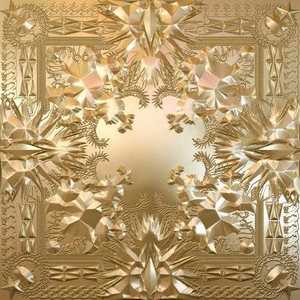We Demand: History/Sex/Activism in Canada Conference is being held August 25-28, 2011 at the Coast Plaza Hotel in Vancouver, British Columbia. On-line registration is available until August 17th, and on-site registration (cash-only) will be available at the conference. For more information about registration fees as well as the conference and film programs check out the conference website or email wedemand2011@gmail.com. Also, don’t miss the banquet and Queer Cabaret, featuring MC Michael V. Smith, Performance Artist and Writer Amber Dawn, Singer/songwriter Kate Reid, Comic David C. Johns, Improv Theatre with The Bobbers, Hot Latin Dancers Naomi & Karen and Transgender Vocalist Jill Richards.
The organizers of the Cultural Histories: Emergent Theories, Methods and the Digital Turn Conference are now accepting proposals for conference papers. This interdisciplinary conference is sponsored by the TransCanada Institute and the Canadian Writing Research Collaboratory/ Le Collaboratoire scientifique des ecrits du Canada, to foster debate on new modes and methods of history and historiography, especially those employed or theorized by cultural historians, literary historians and critics. Proposals of no more than 300 words for twenty-minute paper or panel proposals of three or more papers will be accepted until September 30th, 2011. Proposals can be sent to transcan@uoguelph.ca or Cultural Histories Conference, TransCanada Institute, 9 University Avenue East, University of Guelph, Guelph, ON, N1G 1MA. The conference will take place at the University of Guelph from March 2nd to 4th, 2012.





 The Lower Lea Valley, currently undergoing a massive redevelopment project in preparation for the next Summer Olympics, underwent a number of equally remarkable transformations as London’s heavy industry migrated to the city’s eastern periphery in the second half of the nineteenth century. In this talk, Jim Clifford explored some of the findings of his PhD dissertation on the environmental problems created by half a century of urban-industrial development, and the challenges this history poses for redevelopment.
The Lower Lea Valley, currently undergoing a massive redevelopment project in preparation for the next Summer Olympics, underwent a number of equally remarkable transformations as London’s heavy industry migrated to the city’s eastern periphery in the second half of the nineteenth century. In this talk, Jim Clifford explored some of the findings of his PhD dissertation on the environmental problems created by half a century of urban-industrial development, and the challenges this history poses for redevelopment.